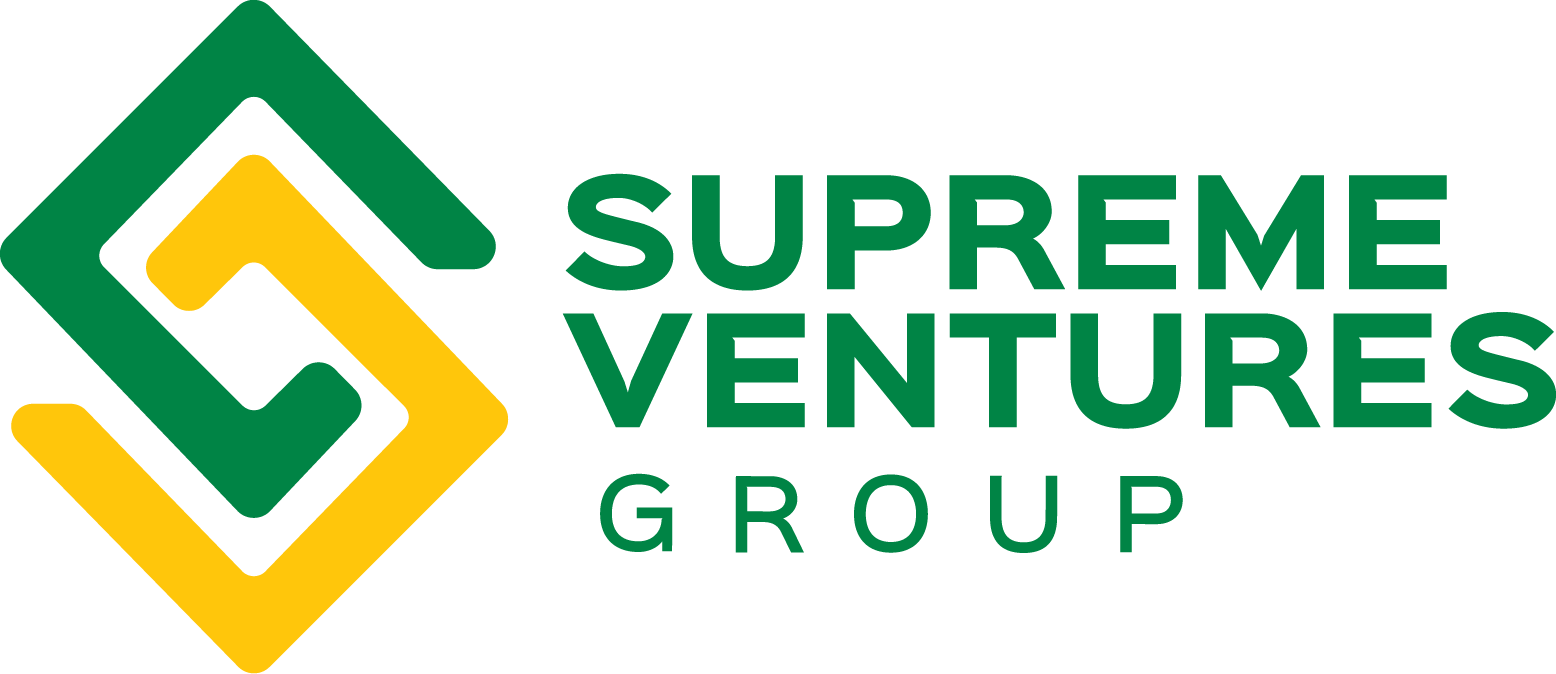Supreme Ventures Racing and Entertainment Limited (SVREL) is aware of ongoing discourse amongst racing stakeholders about purses.
We posit that the matter of purses is only a segment of a fulsome conversation that must be had about the viability of horseracing in Jamaica in general. The reality is that to make this sport viable and profitable for all stakeholders, real reform is needed at the regulatory level. The Jamaican horse racing industry needs urgent help from government, policy makers and industry leaders so our industry can survive and grow.
Even with substantial investments we’ve made in infrastructure, promotion and general development of the sport, there is still a lot to be done to make horseracing sustainable and viable for all players in the ecosystem.
Currently, horse racing is the only sport in Jamaica that gets taxed at the source, creating an unfair disadvantage that other sports don’t face. The onerous taxation structure involving JRC and BGLC, combined with having to pay all regulatory fees and lease costs upfront before any prize money distribution, is strangling industry growth.
No other sport in Jamaica creates as many jobs or brings billions in economic activity to communities. This tax burden also discourages proper participation of essential workers like grooms and jockeys in a structured manner, undermining the professional development of the sport.
Horse racing employs people across multiple sectors – at the track, caring for horses, in restaurants and bars, and in entertainment. We support families and businesses all across the country, not just on race days.
As to the specific matter of purses, currently purses stands at $820 million annually, a significant economic value that should not be allowed to decline. However, any increase in purse payout must be supported in an increase in racing activity at Caymanas Park – more race days and a larger, higher quality breeding stock are imperative.
Our current reality is that we’ve had to cut racedays from 90 per year to just 80 due to insufficient horse numbers. That is not conducive to the growth needed to increase purses. With only 950 horses in training, we need at least 1,200 horses to return to 90 racedays – or even 95 – which would create more earning opportunities for everyone in the industry.
SVREL has put our money where our mouth is – we bought 14 horses, with six currently in training. Our investment in our racing horses has brought a breakeven position, showing the financial pressures facing all industry participants.
We acknowledge previous measures implemented to revive the dwindling breeding stock. The removal of GCT on horse importation has helped increase the current stock to 200, but it’s hardly enough. Additionally, more support is required from local breeders to build the horse population we need.
Even with the reduced race days, the general operation and maintenance costs at Caymanas Park remain a constant obligation that we have always honoured. SVREL continues to provide essential services – light, water and waste removal – free of cost to the industry, expenses that have increased substantially over the years. Investments like our US$4M solar plant demonstrates our commitment to reducing operational costs and supporting the ecosystem, however, support is needed at the regulatory level.
One possible solution is to reinvest a percentage of the taxes that are already being collected back into the sport. Creative vision and the willingness to support an industry that contributes heavily to the national coffers is needed.
Our call has been consistent. A collaborative approach is imperative if we’re to bring horseracing back to the forefront. Around the globe, we see tracks in bigger economies struggling for viability and facing similar challenges. These issues are not unique to Jamaica and Caymanas Park. The solution can only be found in a tripartite agreement.
It will take a partnership between three groups:
- Government – making fair policies, reforming current taxes to JRC and BGLC, and creating regulations that support growth
- Horse Racing Industry – running great races, supporting communities, and building the horse population to sustainable levels
- Promoters – bringing in new ideas, investing in infrastructure, and growing the sport
When we all work together, we can grow the sport while keeping the tradition and quality of Jamaican horse racing.
With hundreds of millions in annual economic activity and hundreds of jobs at stake, horse racing represents too much value to Jamaica’s economy to let it decline further. The industry needs an immediate reset and reform of the current tax structure. Horse racing can’t wait – we need action to secure its future and return to growth.
